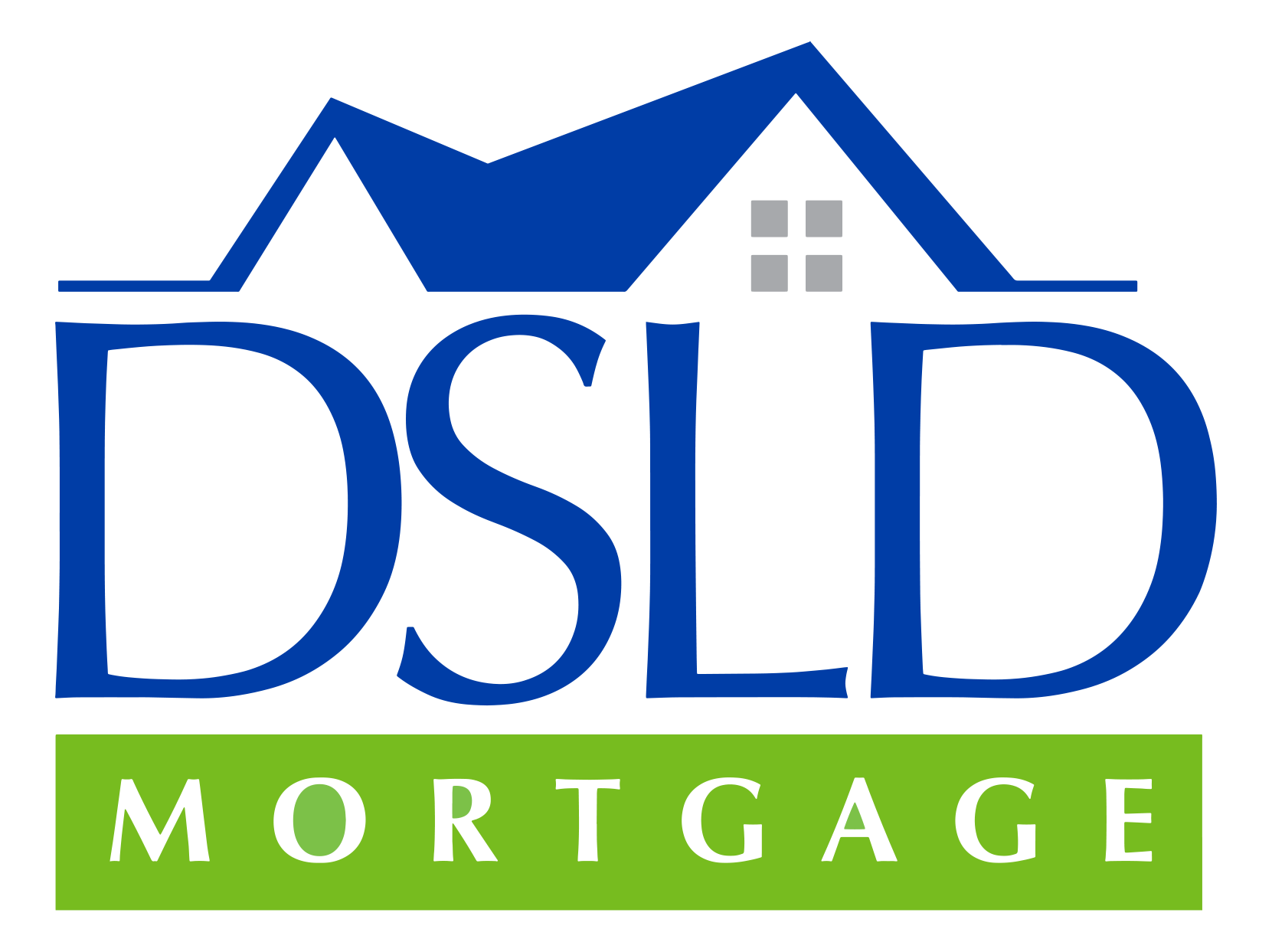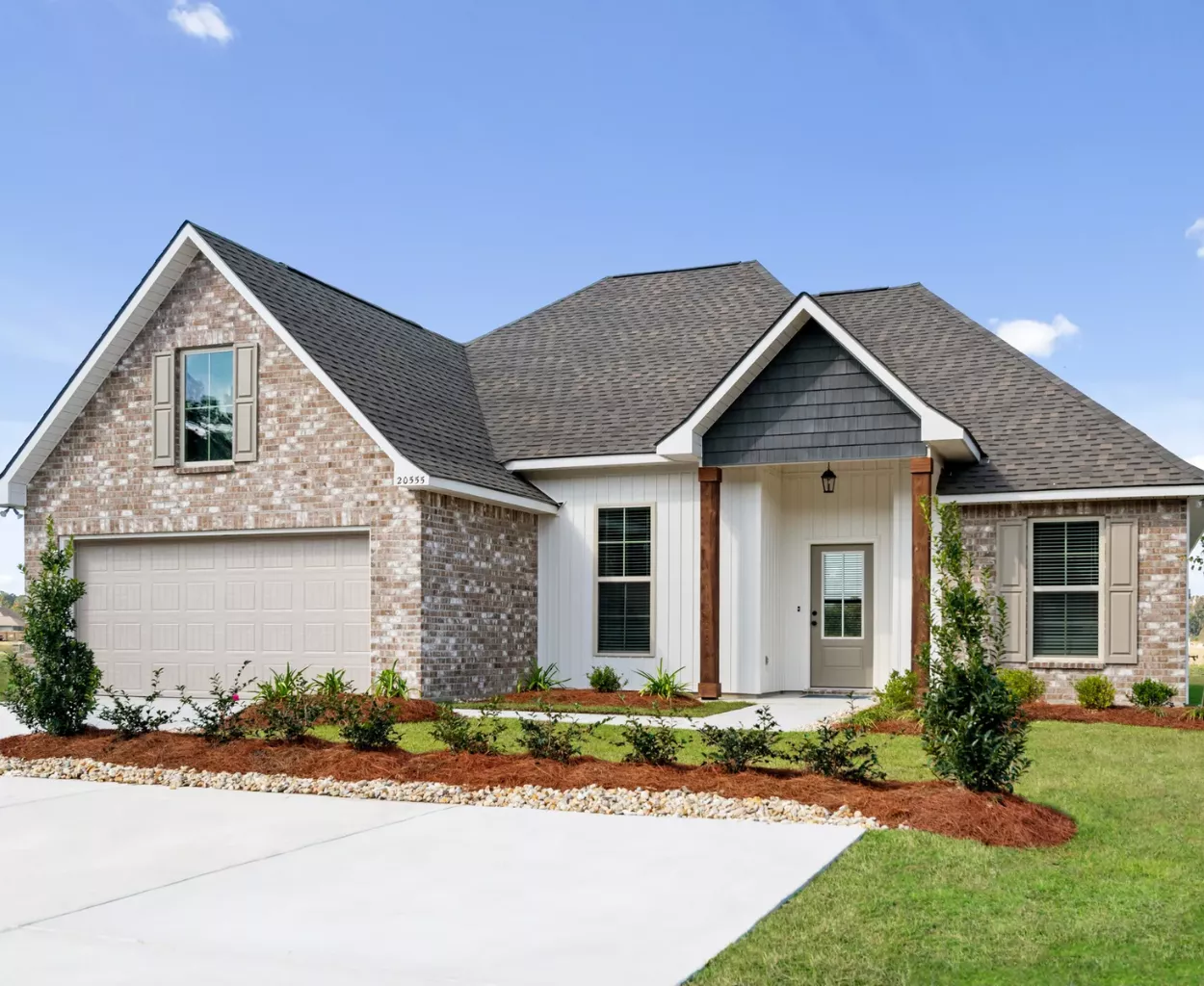The Vibrant Housing Story of Nashville
Nashville, known as Music City, offers a dynamic and diverse housing market that reflects its rich cultural heritage and booming economic landscape. From historic neighborhoods to modern developments, Nashville’s home sizes tell a fascinating story of growth and innovation. Nashville, TN appeals to both home buyers and investors with its vibrant lifestyle and amenities. Home buyers can find larger, more cost-effective options in Nashville compared to other regions, making it an attractive market.
Overview of the Nashville Real Estate Market
Nashville, Tennessee, is a city that harmonizes its rich musical heritage with modern southern charm, making it a magnet for homebuyers and investors. The real estate market here is as dynamic as the city itself, offering a blend of historic and contemporary homes that cater to a wide range of tastes and budgets.
The average home price in Nashville hovers around $300,000, slightly above the national average. However, the city’s low cost of living and diverse housing options make it an attractive destination for first-time homebuyers and families. Nashville’s robust economy, driven by major industries such as healthcare, music, and technology, further bolsters its appeal.
When it comes to square footage, the average home in Nashville is approximately 1,800 square feet, which is a bit smaller than the national average. Yet, the city doesn’t fall short on larger homes, especially in affluent neighborhoods like Green Hills and Belle Meade. The trend towards urbanization has also led to a rise in the construction of condos and townhomes, providing more affordable options for those looking to live closer to the city’s vibrant core.
Average Home Size and Square Footage in Nashville
Current Statistics
- Average home size: Approximately 2,300 square feet
- Closely aligned with the national average of 2,300 square feet
- Median listing price per square foot varies across neighborhoods
- Diverse housing options across different neighborhoods
- Influenced by music, tech, and healthcare industries
Neighborhood-by-Neighborhood Breakdown
Downtown and Urban Core
- Average home size: 1,900-2,200 square feet
- Characteristics:
- Mix of historic and modern condos
- Urban living options
- Proximity to entertainment districts
- Compact, efficient designs
East Nashville
- Average home size: 2,100-2,400 square feet
- Highlights:
- Trendy, eclectic neighborhood
- Renovated historic homes
- Artistic and creative community
- Mix of bungalows and modern builds
Belle Meade and West Nashville
- Average home size: 2,500-3,000 square feet
- Unique features:
- Upscale, established neighborhoods
- Larger, more traditional homes
- Spacious lot sizes
- Historic and luxurious properties
Green Hills and Surrounding Suburbs
- Average home size: 2,300-2,600 square feet
- Characteristics:
- Family-friendly areas
- Newer developments
- Excellent school districts
- Spacious family homes
Antioch and Southeast Nashville
- Average home size: 2,000-2,300 square feet
- Highlights:
- More affordable housing options
- Diverse community
- Growing suburban areas
- Mix of housing styles
Factors Shaping Nashville's Real Estate Market and Home Sizes
Economic Influences
- Music and entertainment industry
- Healthcare sector (major hospitals)
- Technology and startup ecosystem
- Growing corporate presence
Demographic Drivers
- Young professional population
- Creative industry workers
- Healthcare professionals
- Growing metropolitan area
Geographical Considerations
- Cumberland River region
- Rolling terrain
- Mix of urban and suburban landscapes
- Climate-responsive design
Cost of Land and Building Regulations
The cost of land in Nashville has seen a significant uptick in recent years, fueled by the city’s burgeoning population and the high demand for housing. This surge has prompted developers to construct smaller properties to manage costs, resulting in a diverse mix of home sizes across the city.
Building regulations and zoning laws are pivotal in shaping the landscape of Nashville’s housing market. These laws dictate the maximum size and height of buildings in various areas, influencing the overall dimensions of properties. For instance, downtown Nashville has stringent height restrictions to maintain its historic charm, which directly impacts the size of new developments.
Moreover, Nashville has introduced new laws aimed at fostering sustainable development and preserving the unique character of its neighborhoods. The “Nashville Next” plan is a prime example, promoting mixed-use development and efforts to reduce the city’s carbon footprint. These regulations ensure that new properties align with the city’s vision for growth and sustainability, guiding developers in their construction projects.
By understanding these factors, homebuyers and investors can better navigate Nashville’s real estate market, making informed decisions that align with their needs and the city’s evolving landscape.
Historical Home Size Evolution
Decade-by-Decade Growth
- 1950s: Average home size around 1,050 square feet
- 1980s: Grew to approximately 1,800 square feet
- 2000s: Expansion to 2,100-2,300 square feet
- 2020s: Focus on efficient, adaptable designs
Types of Homes in Nashville
Urban Homes
- Compact city living
- Efficient designs
- 1,900-2,200 square feet
- Close to downtown amenities
Suburban Homes
- Family-oriented layouts
- Spacious designs
- 2,300-2,600 square feet
- Larger lot sizes
Luxury and Custom Homes
- Expansive properties
- High-end features
- 3,000-4,500 square feet
- Unique architectural designs
Economic Considerations
Home Size Affordability
- Competitive housing market
- Diverse price ranges
- Growing real estate values
- Attractive to various income levels
Building Trends and Zoning Laws
- Energy-efficient designs
- Open floor plans
- Smart home technologies
- Flexible living spaces
Music and Culture Impact on Housing
Unique Housing Characteristics
- Influence of creative industries
- Diverse architectural styles
- Renovation and restoration trends
- Vibrant, adaptive housing market
How DSLD Mortgage Supports Nashville Homebuyers
Our Local Expertise
- Deep understanding of Nashville market
- Tailored financing solutions
- Neighborhood insights
- Personalized guidance
What We Offer
- Local market analysis
- Flexible mortgage options
- Community-focused approach
- Comprehensive support
Future of Nashville Home Sizes
Emerging Trends
- Continued economic growth
- Sustainable home designs
- Adaptive living spaces
- Technology integration
- Flexible architectural approaches
Choosing the Right Home Size in Nashville
Key Considerations
- Family size
- Career requirements
- Budget constraints
- Future growth potential
- Neighborhood characteristics
Decision-Making Tips
- Assess current and future needs
- Consider maintenance capabilities
- Understand local building styles
- Explore different neighborhoods
- Think long-term
Final Thoughts
Nashville’s home sizes reflect its dynamic spirit of creativity, innovation, and Southern hospitality. From urban lofts to spacious suburban homes, Music City offers a diverse housing landscape.
Disclaimer: Every homebuyer’s needs are unique. Consult with local real estate and financial professionals for personalized advice.
Your Nashville Home Awaits
- Explore local options
- Understand neighborhood characteristics
- Consider your lifestyle
- Dream big, plan smart
Let DSLD Mortgage help you find your perfect Nashville home!
How much will your mortgage be? You can use DSLD Mortgage’s Mortgage Calculator to estimate your monthly mortgage payment.
Current mortgage rates holding you back? Don’t miss out on these deals! Buy a home with DSLD Mortgage and take advantage of our limited-time mortgage promotions.
Begin Your Home Search with DSLD Homes
To get a feel for the lifestyle that awaits you in a DSLD Homes community, visit one of their communities throughout the Southern Region.
With a diverse selection of floor plans and communities to choose from, you’re sure to find the perfect fit for your lifestyle.





